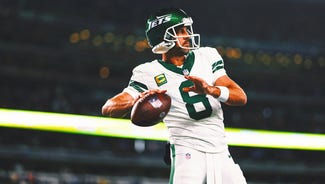





































































































































Seau passes as just another sad story
I can’t believe the news today
Oh, I can’t close my eyes
And make it go away
How long …
How long must we sing this song
The National Institutes of Health issued what amounted to an autopsy on Junior Seau on Thursday.
Cause of death: Playing football.
Reactions after the NIH conclusion that Seau suffered from chronic traumatic encephalopathy (CTE) when he shot himself in the chest with a .357 Magnum in May were sadly predictable, if only because we had heard them all previously.
What awful news. We need to do more to protect these guys while they play and care for them afterward. What a tragedy.
Pardon my bluntness, but let’s stop with this BS.
As I thought about how long we have been talking about brain trauma and football players, since at least 2009, and of how many players have sustained repeated blows to the head since then, U2’s iconic “Sunday Bloody Sunday” popped into my head. As the body count grows, how long, how long must we sing this chorus of pretending to be shocked and saddened?
This outrage not only feels disingenuous. It is.
We now know how debilitating CTE, a degenerative brain disease often associated with repeated blows to the head, is. And we know football is, at its core, a game of repeated blows to the head. The violence is part of the appeal. So why are we shocked that former football players are killing themselves as their brains slowly deteriorate from it?
Listen, I know not everyone who plays football gets CTE, just like not everybody who smokes gets lung cancer. But evidence is mounting that playing football ups your chance for being wracked by this later in life, just as smoking does for cancer. And the issue quickly is becoming whether there is a safe amount of football.
Seau was a 20-year NFL veteran and, in the wake of his suicide, many made the point that his NFL career was not marked by concussions. Those who brought it up initially did so to say, “Do not be so quick to blame brain blows.” Now that we have a causal relationship, though, his lack of concussions actually becomes scarier. It is proof a player need not be injured to be hurt.
None of this is new. It is just newsy in the wake of the news of Seau. Like with gun violence, with every fresh tragedy, we talk about how change needs to happen. Then nothing happens. Until the next tragedy.
This is what we do in so many areas of American life, delay payment. All we do is kick the problem a little farther down the road because doing the right thing or, at the very least, engaging in honest conversations about what the right thing is, is too damn hard.
And the battle's just begun
There's many lost, but tell me who has won ...
Sunday, Bloody Sunday
Sunday, Bloody Sunday
It was less than a week ago that Redskins quarterback Robert Griffin III played on a knee the health of which renowned surgeon Dr. James Andrews questioned. Andrews was quoted going into the game as saying he was holding his breath.
So why did RG3 play? Why did he continue to play after reinjuring his knee in the first quarter? Because it was the playoffs. And football thrives on this narrative of player as warrior, of honor in not abandoning your team and of needing to be dragged off the field to stop playing.
Redskins coach Mike Shanahan actually expounded on this idea afterward, after RG3 had crumpled onto the field with an injury way worse than he began the game with.
“I think so,” Shanahan responded when asked if the NFL players' code called for them to play through injury. “It should be. That’s the type of player that you want.”
This mentality is why RG3 had surgery to repair his LCL and re-repair his ACL on Wednesday. There is plenty of blame to go around for this, from RG3 to Shanahan to us. Yes, us. Many of the same people ripping into Shanahan for not pulling RG3 were tweeting hero narratives about him when Washington led early, about two touchdowns and one knee, about his guts for playing hurt.
So blame Shanahan. I do, just not for speaking truth.
Because by doing so he took away plausible deniability. This is the mindset of the NFL; leaders are the guys willing to put team and game above long-term health. So was what happened to Seau a tragedy, or was it a very predictable consequence of adherence to this code?
And it's true we are immune
When fact is fiction and TV reality
And today the millions cry
We eat and drink while tomorrow they die
Sunday, bloody Sunday, indeed.
And we have reached a point when the tragedy is not in the news of Seau killing himself or the news that he had been suffering from a degenerative brain disease likely caused by a sport we love. Rather, it is in our utter unwillingness to do anything other than talk about how sad this is.
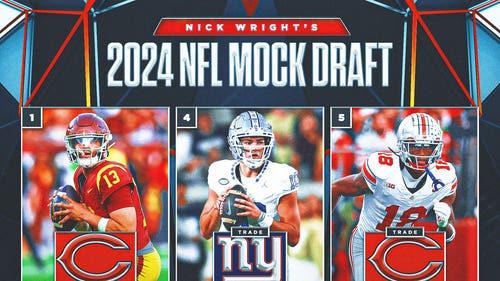
NFL mock draft: Nick Wright has Bears pair Caleb Williams, Marvin Harrison Jr.
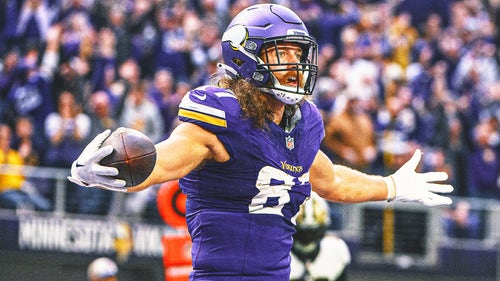
T.J. Hockenson is recovering from an ACL repair and hoping the NFL outlaws the low hit that hurt him

2024 NFL Schedule Release: Date, when does the season start?
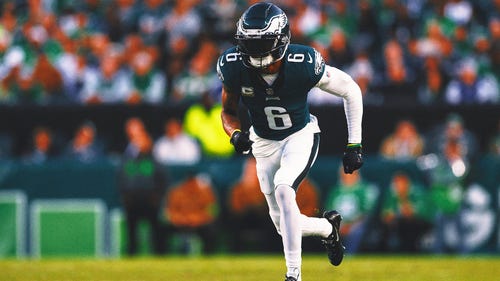
DeVonta Smith receives 3-year extension from Eagles, reportedly worth $75 million
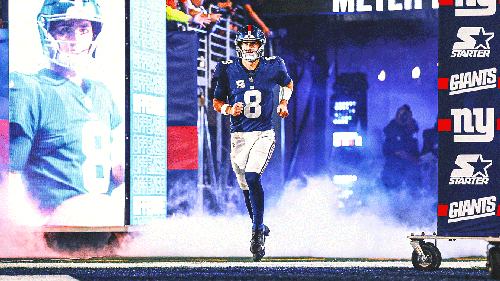
Daniel Jones insists he's the right QB for Giants, and why a QB controversy would be bad
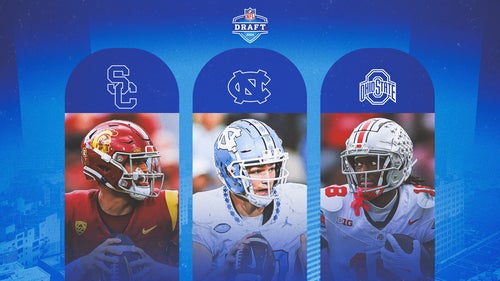
2024 NFL Draft prospect rankings: Top 100 led by Caleb Williams
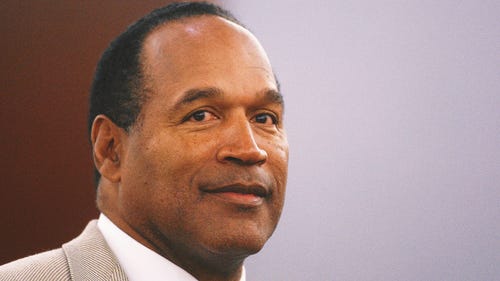
O.J. Simpson's estate plans to fight $33.5 million payout to families of Brown and Goldman
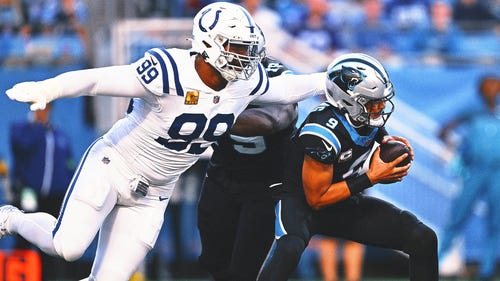
Colts DT DeForest Buckner agrees to two-year, $46 million extension
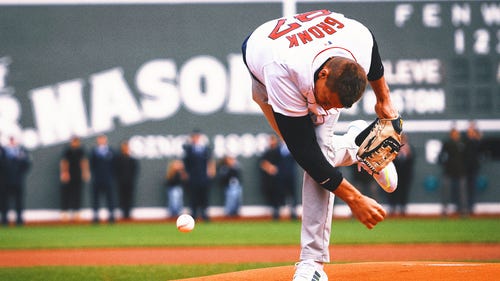
Rob Gronkowski brings 'Gronk Spike' to baseball, spiking first pitch at Red Sox game


NFL mock draft: Nick Wright has Bears pair Caleb Williams, Marvin Harrison Jr.

T.J. Hockenson is recovering from an ACL repair and hoping the NFL outlaws the low hit that hurt him

2024 NFL Schedule Release: Date, when does the season start?

DeVonta Smith receives 3-year extension from Eagles, reportedly worth $75 million

Daniel Jones insists he's the right QB for Giants, and why a QB controversy would be bad

2024 NFL Draft prospect rankings: Top 100 led by Caleb Williams

O.J. Simpson's estate plans to fight $33.5 million payout to families of Brown and Goldman

Colts DT DeForest Buckner agrees to two-year, $46 million extension

Rob Gronkowski brings 'Gronk Spike' to baseball, spiking first pitch at Red Sox game
